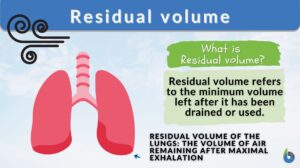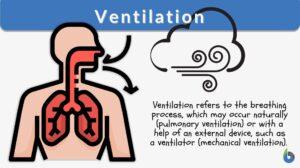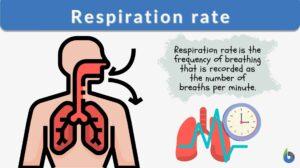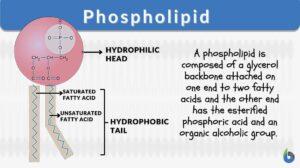Search Results for: expiration
Residual volume
Residual volume is a term that is most often seen in lung physiology where it is defined as the amount of air remaining in... Read More
Respiration
Organization of the Respiratory System Each lung is composed of air sacs called alveoli - the sites of gas exchange with... Read More
Expiration
Expiration (Science: physiology) The act of breathing out or expelling air from the lungs. Origin: L. Spirare = to breathe a... Read More
Ventilation
Ventilation Definition Often when persons think of ventilation, they think of getting clean or enough air into a room. This... Read More
Respiration rate
Respiration Rate Definition Respiration rate is a vital life process that expresses the breathing rate in an organism... Read More
Functional residual capacity
Definition noun The volume of gas that stays in the lungs at resting expiratory level or at the end of a normal... Read More
Phospholipid
What is a phospholipid? Phospholipids are a subgroup of lipids. Other major types of lipids are fatty acids, sphingolipids,... Read More
Passive transport
Passive transport is a type of cellular transport in which substances such as ions and molecules move down their respective... Read More
Residual air
Definition noun The amount of air that remains in the lungs following a maximal expiration. Supplement The residual air that... Read More
Complementary air
Definition noun The amount of air that can be drawn maximally into the lungs after a normal, quiet... Read More
Inspiratory capacity
Definition noun The maximum volume of gas that can be drawn into the lungs after a normal, quiet expiration. Supplement The... Read More
Bolus injection
A bolus injection is the act of administering a dose of medication or substance directly into the bloodstream by injection.... Read More
Supplemental air
Definition noun The additional volume of air exhaled with maximum effort at the end of a normal, quiet... Read More









